Building resilient businesses: lessons from sellers who thrive through change
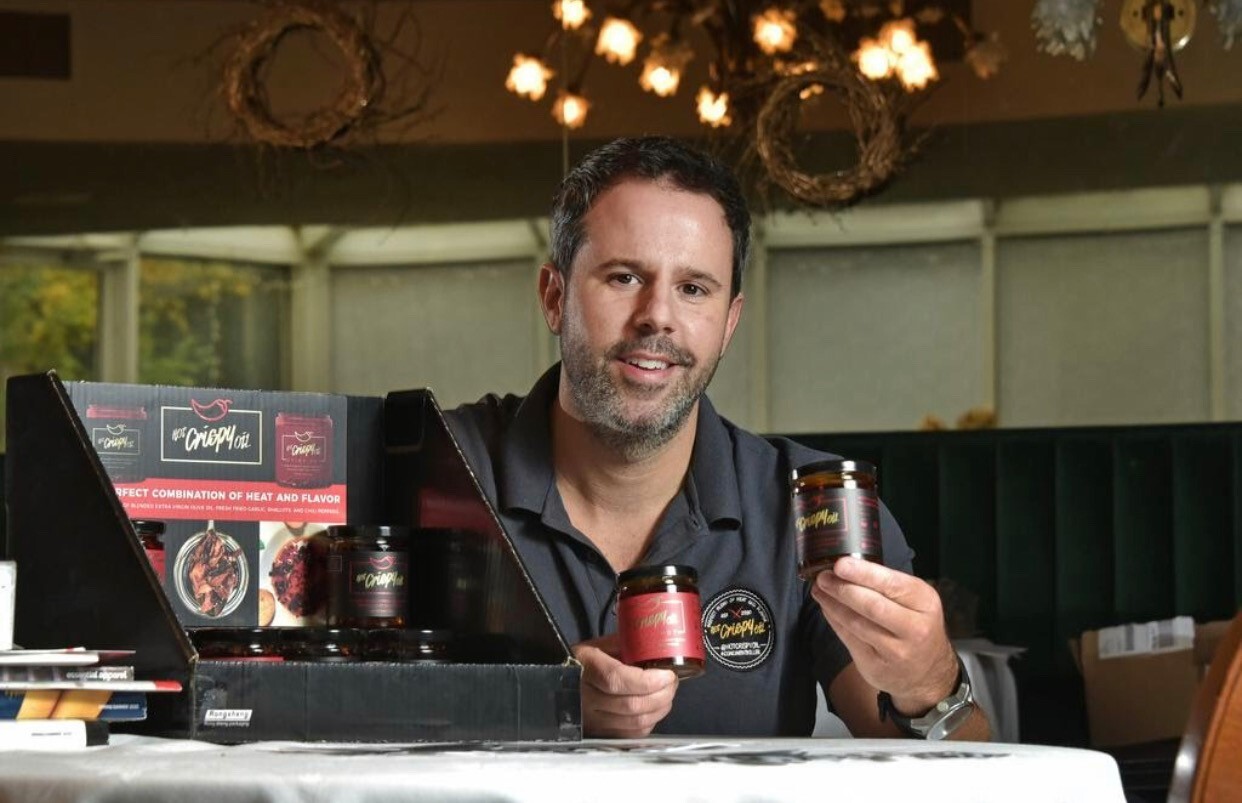
Small and medium-sized businesses know that adapting to unexpected challenges isn't just a skill. It's essential for survival. Three successful Amazon sellers share their strategies for building businesses that remain strong through uncertain times, offering actionable insights for fellow entrepreneurs.
Crisis Sparks Innovation: Adapting to Unexpected Demand
In early 2020, John Trimble pivoted from running his family's Albany restaurant to manufacturing Hot Crispy Oil, transforming his shuttered dining room into an impromptu production facility.
"I have some great photos of our dining room turned fulfillment center," Trimble recalled. "Tables that I had grown up with and spent the last 15 years having customers at, now stacked with boxes and tape and packaging and label machines."
As demand grew, Trimble faced new challenges. "Starting during the pandemic meant we saw crazy price and availability fluctuations in everything. Every ingredient, every material." His solution came from positioning the brand as a premium product from the start, building in enough margin to absorb fluctuations without raising prices. This strategy has proven crucial for maintaining stability.
As Hot Crispy Oil expanded, Trimble recognized that sustained growth required a sophisticated approach to sourcing and supply. "Take our packaging, for example," he said. "Our glass comes from Asia, but our lids are American made." This diversification isn't just about cost savings but about resilience. When glass prices surged, Trimble's team started "searching far and wide for large lots of glass shipments" to secure better deals and ensure consistent supply.
"My suggestion is to always be exploring other options, even if you think you have good relationships within your network," Trimble advised. "In the flip of a switch, things can change so quickly. I always have a backup plan."
In the last four years, Trimble's business has grown rapidly, moving from the restaurant to a warehouse, and now to their own manufacturing facility in Albany. Today, Hot Crispy Oil generates $750,000 in annual revenue through Amazon's store, proving that sometimes the biggest opportunities come from unexpected challenges.
Trimple’s tips for sellers:
- Position your brand for flexibility by building in enough margin to absorb market fluctuations
- Diversify your supply chain with both domestic and international suppliers
- Stay informed about global events that could impact your business
- Always have backup plans for critical business components
Generations of Resilience: A Long-Term Business Perspective
Anne Maza leads Olivia Garden, a second-generation haircare tools company where change isn't viewed as a crisis but as a natural part of doing business. Started by her parents in Belgium in 1967, the company has weathered everything from shifting fashion trends to major economic upheavals, emerging stronger with each evolution.
“The definition of business is an ever-changing landscape,” Maza explained. “If that's not your cup of tea, then it's probably not a great idea to start your own business.”
This perspective comes from decades of experience. When Olivia Garden began, wigs were the height of hair fashion, Amazon didn't exist, and international commerce meant physical travel between countries. As styles evolved and new technologies emerged, they adapted their business, developing innovative professional tools that set industry standards. Today, they're the world's leading professional brush brand, selling in 105 countries through multiple channels, including the Amazon store.
Their longevity stems from a fundamental principle Maza's father instilled. “You need to be one step ahead. You need to try to figure out what's going to happen, and you need to have a plan, but you need to be comfortable with change because it's going to happen.”
For Maza, business stability means staying ahead of predictable disruptions. Rather than being caught off guard by events like port slowdowns, Olivia Garden tracks longshore union contract expirations years in advance. “We bookmark those dates and we know there will be work slowdowns or strikes around that time,” Maza explained. “So, we plan accordingly.”
Most importantly, they never let immediate challenges derail their core mission. “Stay focused on your company's strategy and core values, even when facing major challenges,” Maza advised. “You can't just drop everything because of a crisis. Remember where you're coming from, and keep doing that, even with an extra layer of work assigned.”
Maza’s tips for sellers:
- Stay focused on your core business strategy, even during crises
- Anticipate potential disruptions and plan for them in advance
- Use data tools to monitor trends and make informed decisions
- Build flexibility into your operations while maintaining your fundamental business principles
Building Community Connections for Business Resilience
For Kristin Rae, founder of Inspire Travel Luggage, business resilience grows from strong local roots. When faced with manufacturing challenges in 2017, she discovered solutions by engaging with her immediate business community rather than seeking solutions from afar.
“There's so much talent in our local business community,” said Rae. “It took years to develop those relationships by showing up to chamber breakfasts and networking events, but those connections proved invaluable.”
Her first piece of advice to other sellers is straightforward, “join your local business organizations before you need them.” Through her local economic development council and the McLean County Chamber of Commerce, Rae found her plastic injection molder just ten minutes from her home. The $60,000 investment in local manufacturing might seem substantial for a small business, but Rae sees beyond the initial costs. Local production provides immediate quality control, faster problem solving, and the ability to work directly with manufacturers. If there's ever an issue, she can be at the facility within minutes.
“When I see my product now, I see living wages,” Rae explained. Her investment supports local jobs and strengthens the community's manufacturing base. This leads to her second piece of advice, “consider the broader returns when evaluating business investments.” Regular attendance at community events and constant engagement with local business leaders created a network she now relies on.
“These organizations and people really want to see you win,” she said. “I feel fortunate that my area has such a great support network of entrepreneurs.”
Rae’s tips for sellers:
- Join local business organizations before you need them
- Attend community events and network regularly
- Consider broader returns when evaluating business investments
- Look for local solutions to business challenges
Building for tomorrow
These independent sellers demonstrate that business resilience grows from careful planning, community engagement, and adaptable strategies. Through strategic pricing, unwavering core values, and strong local connections, they've created businesses that don't just survive uncertainty but thrive through it.
More than anything, remember that change in business isn't extraordinary. It's expected. By building the right foundation, your business can weather whatever challenges tomorrow brings.


.jpg)
.jpg)
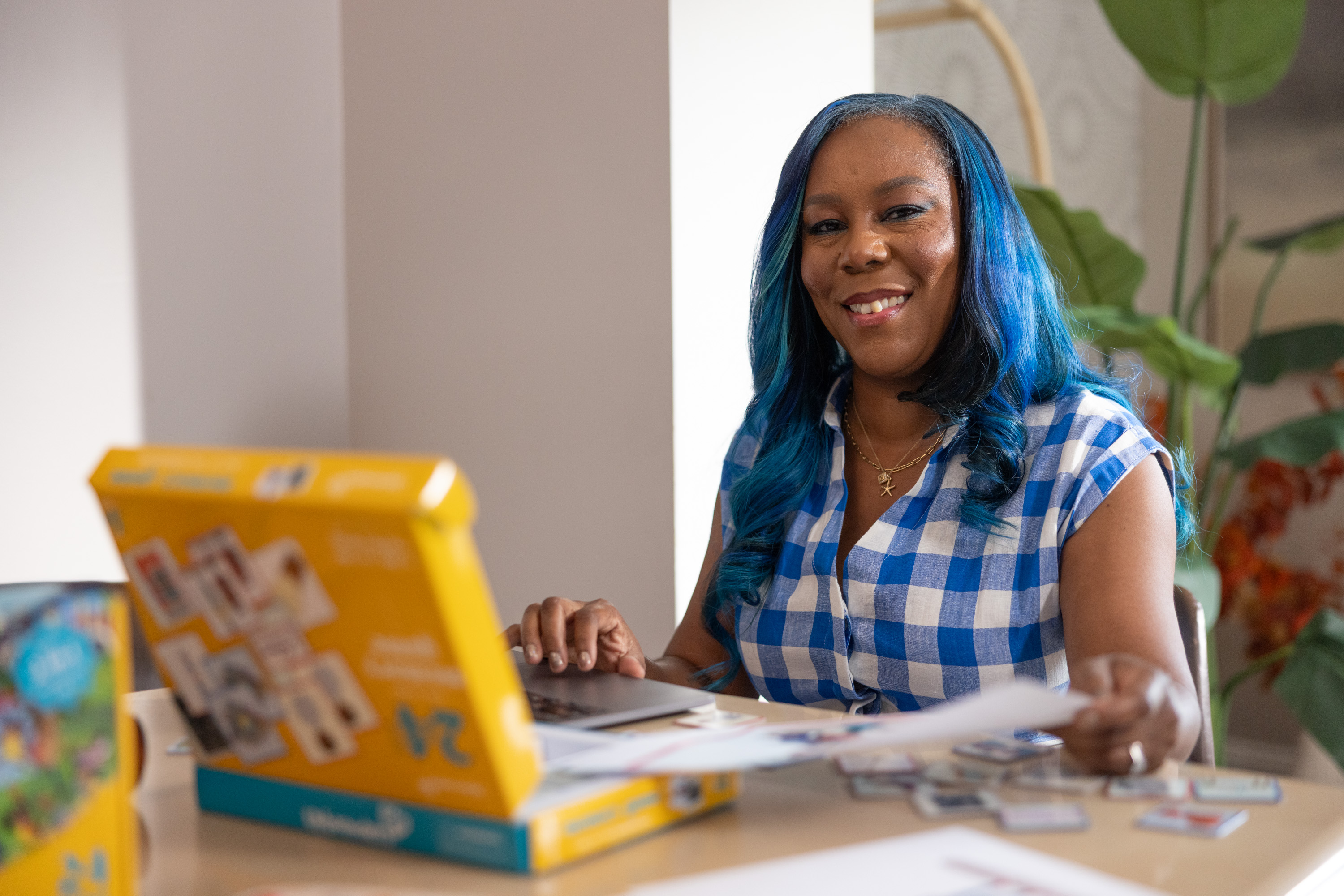
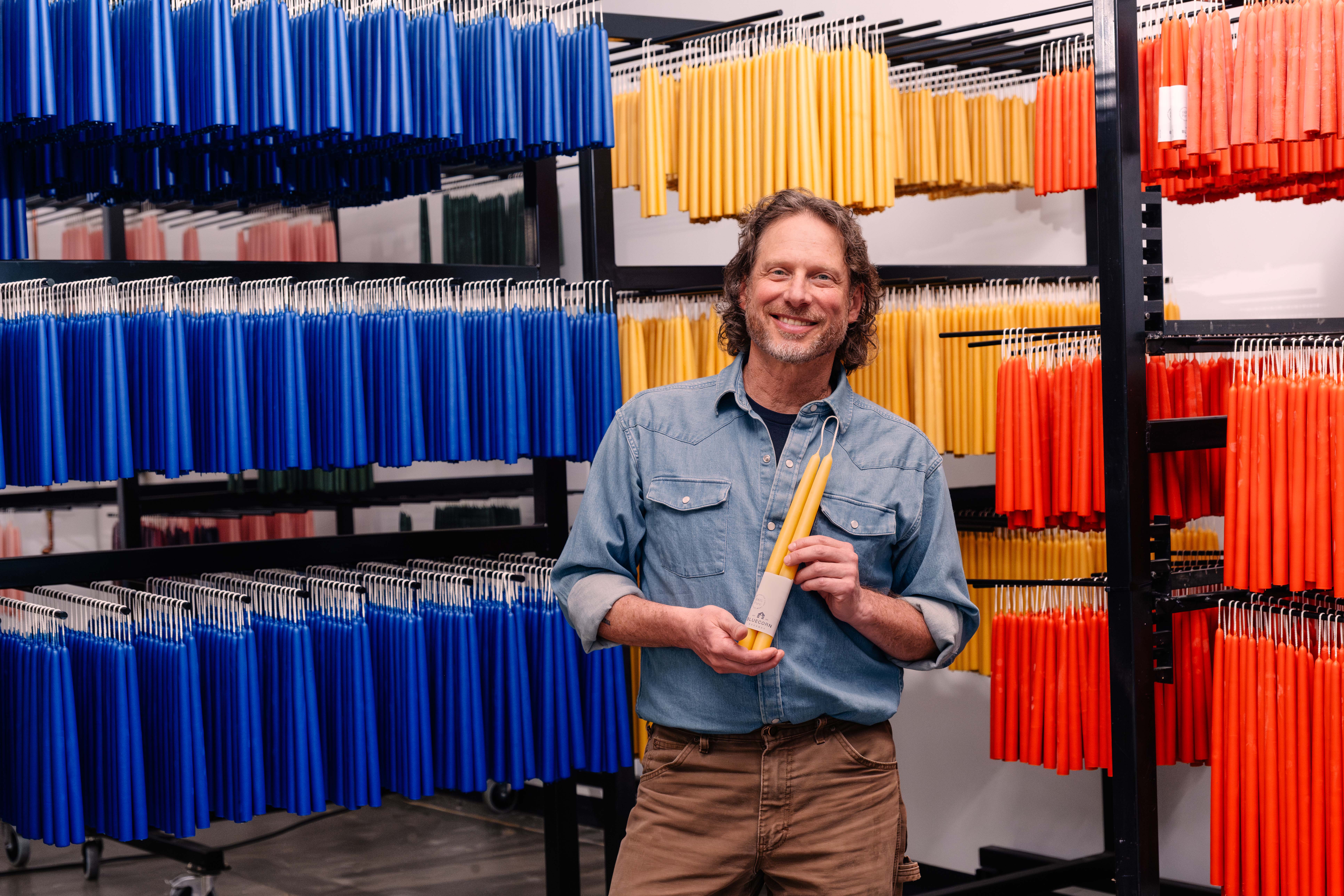
.jpg)
.png)


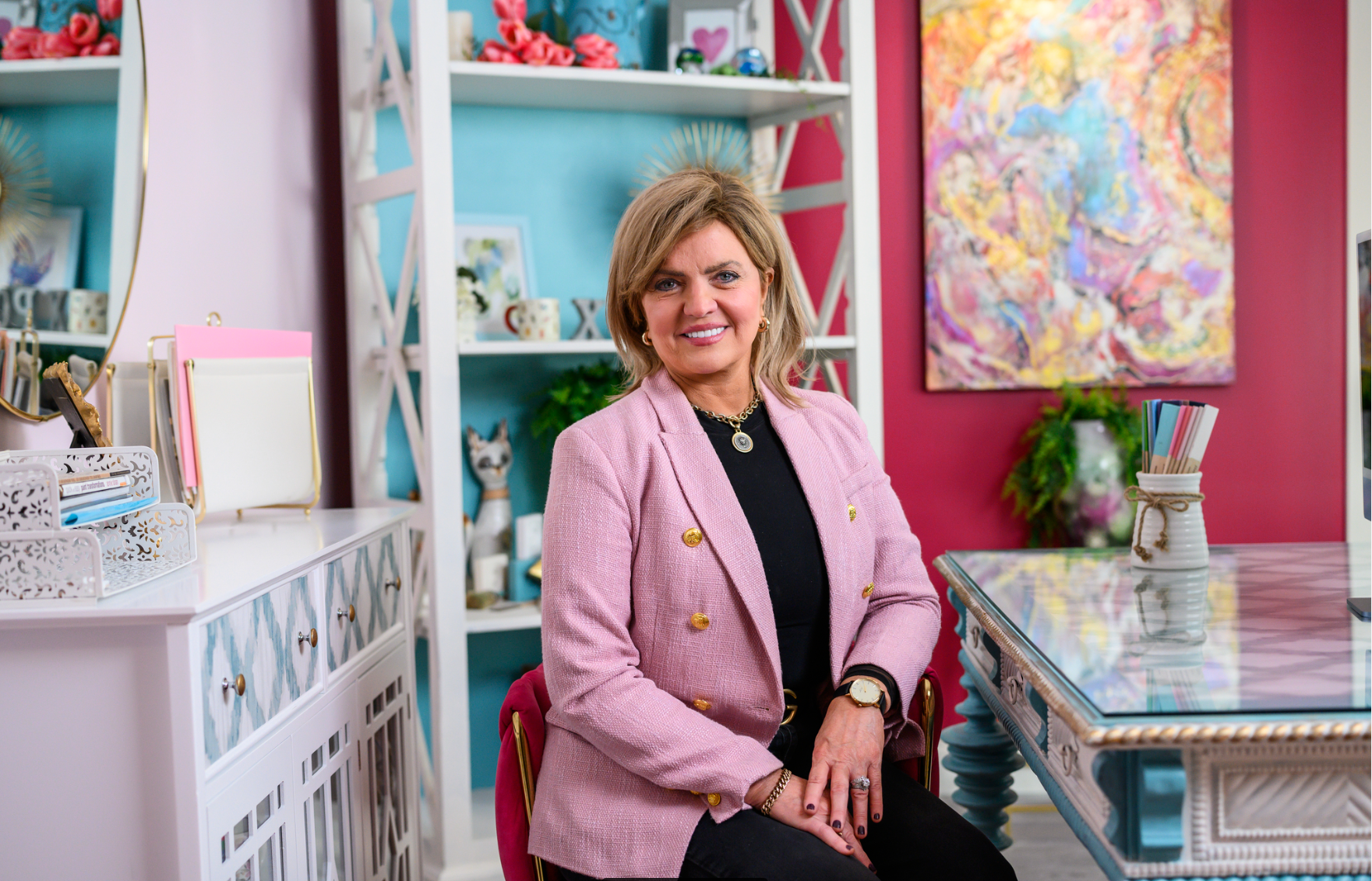

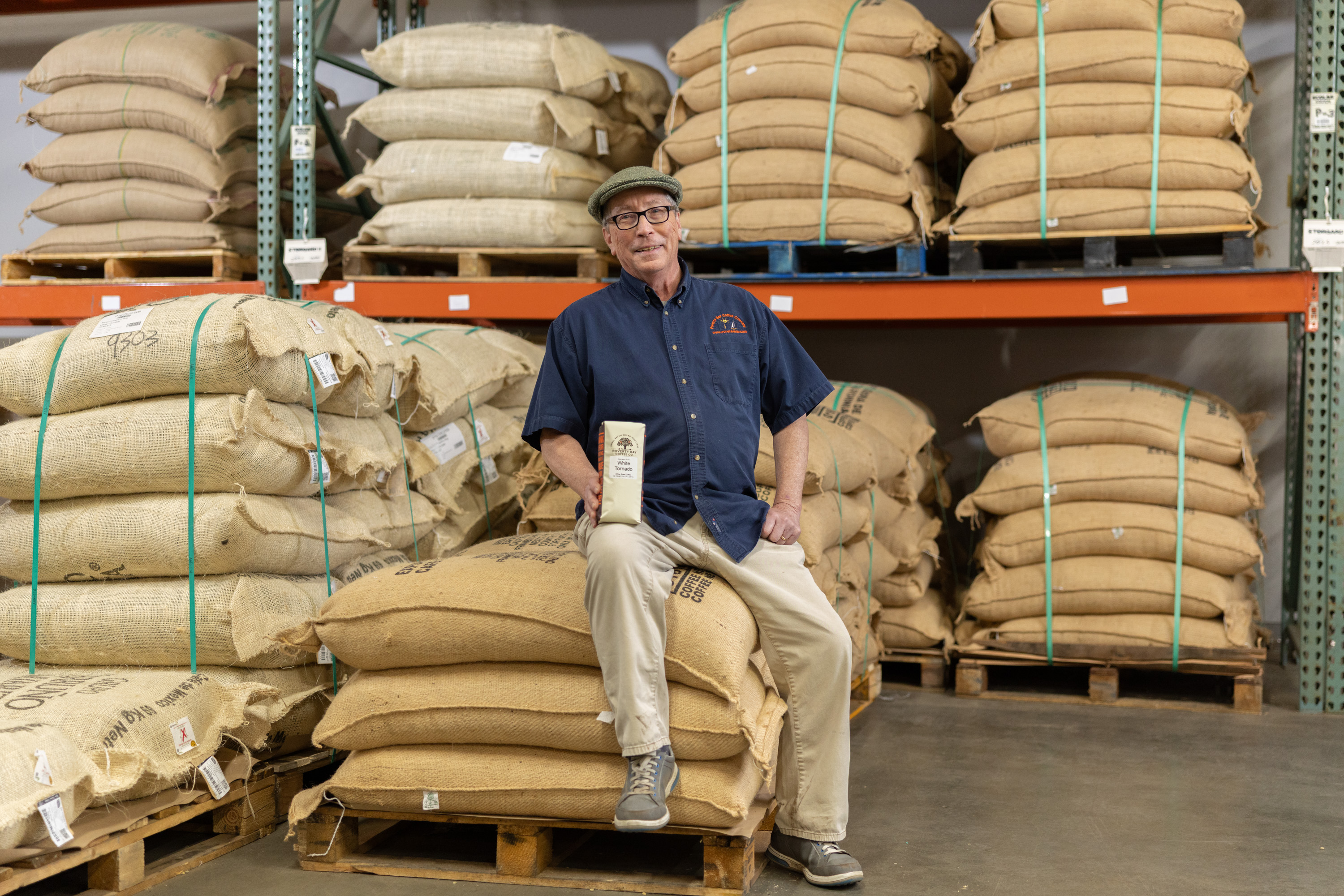
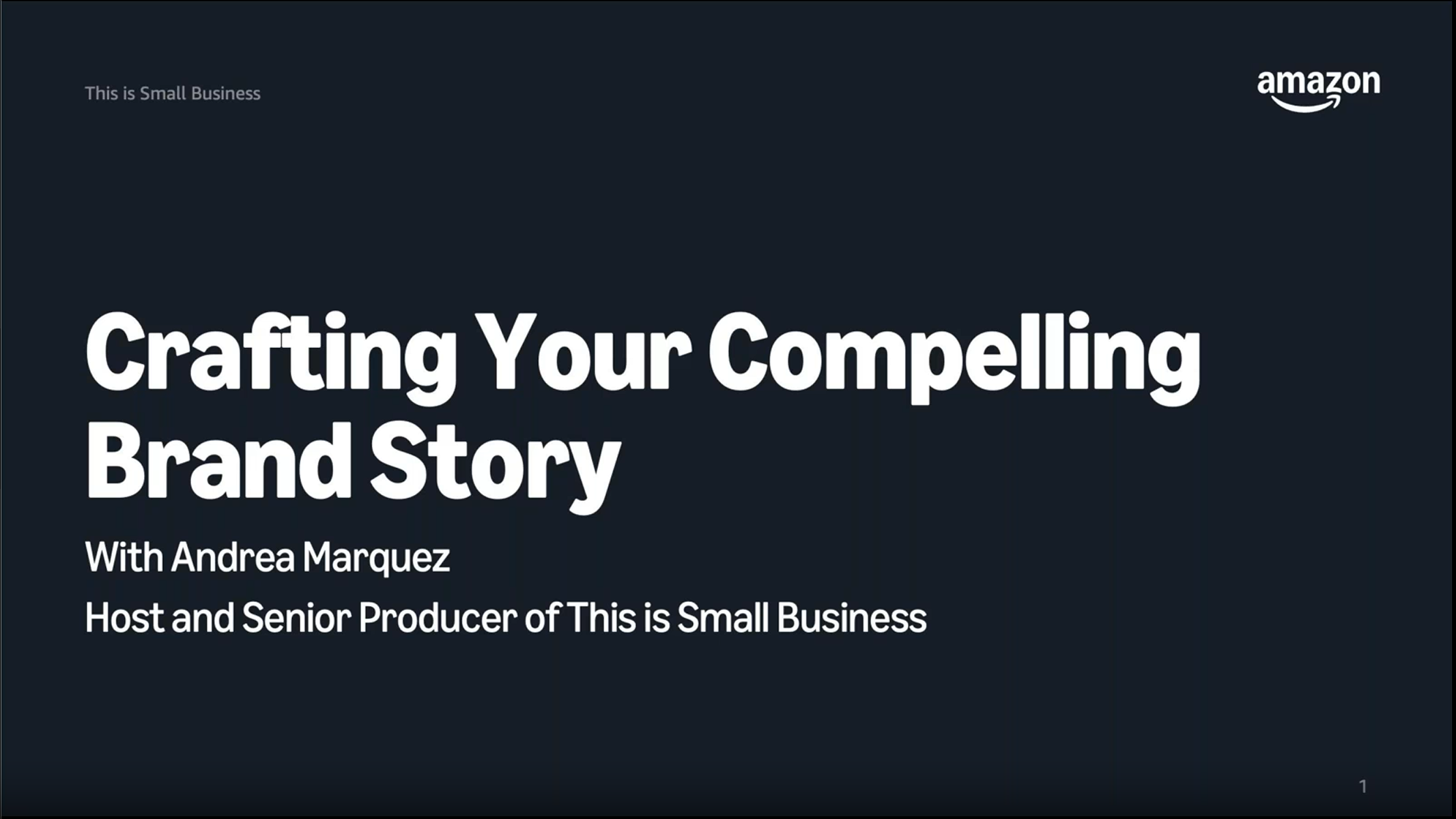
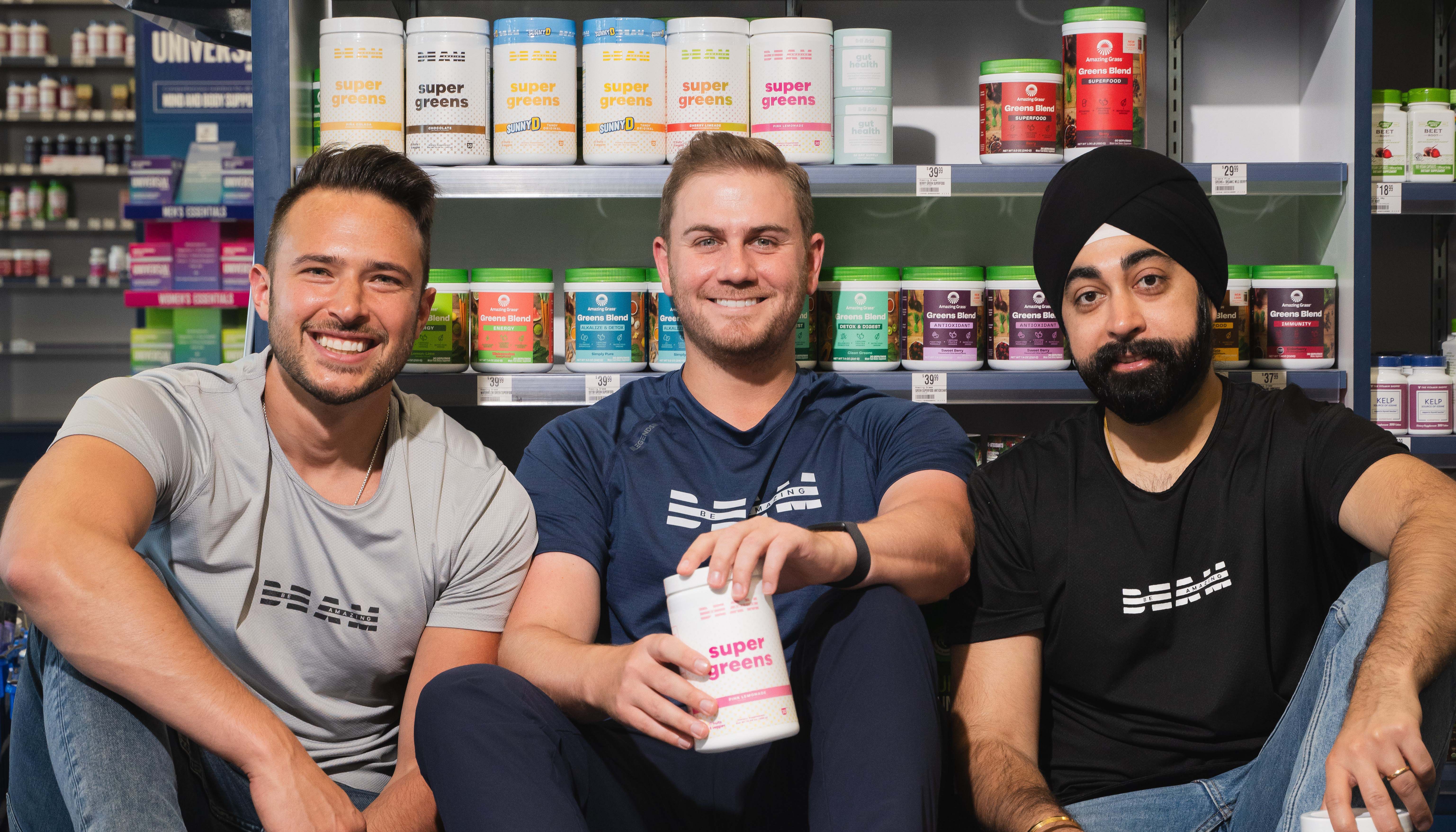









.webp)





-min.jpg)



.jpg)